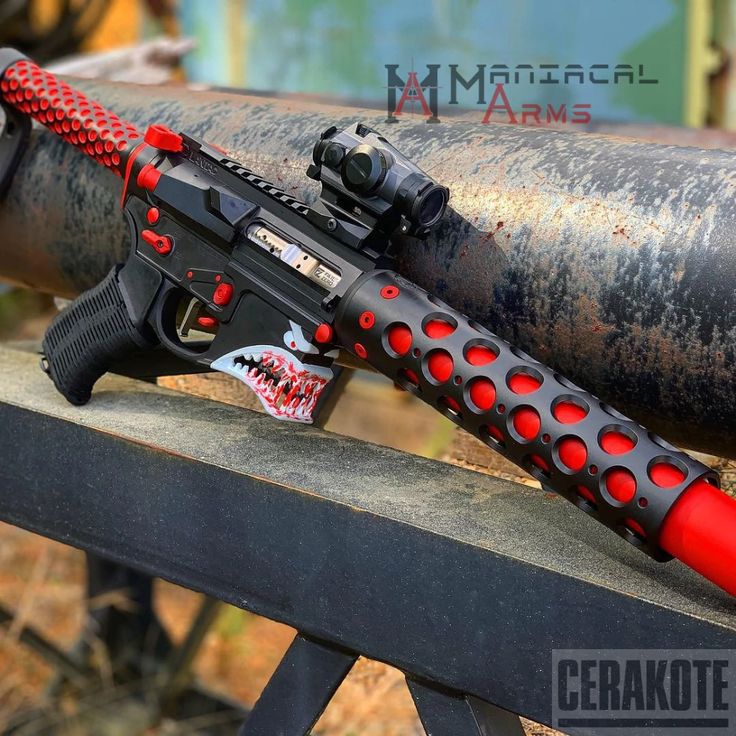Understanding the Timeline and Steps to Secure a Gaming License
Introduction: The Importance and Complexity of Securing a Gaming License
Obtaining a gaming license is a critical step for businesses and individuals seeking to operate legally within the gaming industry. The process can be complex, requiring careful planning, comprehensive documentation, and strict adherence to regulatory requirements. Timeframes vary significantly depending on jurisdiction, type of gaming activity, and the thoroughness of your application. This guide provides actionable insights and detailed steps to help you navigate the licensing process efficiently, with a clear focus on how long it typically takes, what to expect, and how to optimize your approach.
Section 1: Typical Timeframes Across Key Jurisdictions
The duration required to secure a gaming license is heavily influenced by the region in which you apply. Jurisdictions with rigorous oversight, such as the United Kingdom or Malta, generally require longer processing times. For example, the UK Gambling Commission estimates the approval process may take up to 16 weeks [2] . Malta’s Gaming Authority, known for its stringent standards, typically processes applications in 4-8 months [1] . In contrast, jurisdictions with more streamlined procedures, such as Anjouan or Vanuatu, can issue licenses within 2-8 weeks [1] . The Isle of Man usually takes 10-12 weeks for a comprehensive license, while Antigua and Barbuda may require up to 3 months for certain gaming assignments [2] .
In the United States, timelines depend on the state and type of license. For example, the Michigan Gaming Control Board (MGCB) oversees a structured process that can take several months, especially if additional documentation or background checks are required [4] .
Section 2: Step-by-Step Guidance for Obtaining a Gaming License
The process to secure a gaming license typically involves several key stages. While specific requirements vary, the general sequence includes:
1. Select the Appropriate Jurisdiction Your first decision is where to apply. Consider the jurisdiction’s reputation, cost, regulatory strictness, and approval speed. Established regions like Malta and the UK offer global credibility but require extensive documentation and longer waiting periods. Emerging markets may provide quicker, more affordable licensing but with less industry recognition.
2. Register Your Business Entity You must establish a legal entity in the chosen jurisdiction. This could be an LLC, corporation, or other recognized business structure. Registration requires submitting ownership information, details of shareholders, and director profiles to local authorities [1] .
3. Gather Required Documentation Prepare all necessary documents, which often include:
- Personal identification (passport copies, utility bills)
- Proof of clean criminal record
- Detailed CVs of owners and key employees
- Proof of funds
- Company incorporation documents
- Anti-Money Laundering (AML) and Know Your Customer (KYC) policies
Some jurisdictions may require additional items such as Responsible Gaming policies, Ultimate Beneficial Owner (UBO) identification, and evidence of local server infrastructure [2] .
4. Pay Application Fees Fees vary widely by jurisdiction and license type. For example, Malta’s licensing fees range from €25,000 to €100,000; Kahnawake’s initial year fee is around $40,000. Michigan requires payments by certified check or money order [1] , [4] . Always verify payment instructions from official sources and avoid sending cash.
5. Submit Your Application After completing documentation and payments, submit your application to the local gaming authority. Some agencies provide online forms and guidance; others require physical submissions. Respond promptly to any requests for additional information to avoid delays.
6. Undergo Background Checks and Await Approval Authorities conduct comprehensive background screening for all owners and executives, including financial reviews and criminal record checks. Approval times depend on the thoroughness of these checks, the completeness of your application, and the current workload of the regulatory body. In Michigan, if all forms and documents are provided promptly, the MGCB may process occupational license applications within 60 days, although complex cases can extend beyond this period [5] .
Section 3: Real-World Examples and Case Studies
Consider the experience of applicants in Malta. Despite preparing all documents and paying relevant fees, they often wait up to 8 months for final approval due to rigorous checks and high application volumes. On the other hand, applicants in Vanuatu can sometimes receive licenses in less than a month if all documentation is accurate and requirements are met [1] .
Applicants in Michigan must interact directly with the Michigan Gaming Control Board, complete background investigation packets, and submit biometric information. If no derogatory information is found, a temporary license may be issued while a permanent license is processed [3] .

Source: longandfoster.style
Section 4: Challenges, Solutions, and Alternative Approaches
Common Challenges:
- Incomplete documentation resulting in delays
- Unfamiliarity with local regulations and requirements
- Unexpected fees or additional requests for information
- Long waiting times due to regulatory backlogs
Solutions:
- Thoroughly research the chosen jurisdiction’s licensing regulations and guidance
- Consult legal and gaming industry experts for application preparation
- Maintain precise and organized records to expedite background checks
- Respond quickly and accurately to requests from authorities
Alternative Pathways:
If you wish to pursue gaming activities in multiple regions, consider starting in jurisdictions known for faster approvals and using those licenses to build credibility and experience before applying in more established markets. Some operators choose to work with agencies or consultants who specialize in gaming license applications and can guide you through the process.
Section 5: Actionable Guidance for Accessing Licensing Opportunities
To begin the licensing process, identify the type of gaming activity you wish to undertake-casino, online gambling, lottery, or other-and contact the relevant regulatory authority in your jurisdiction. In the U.S., you can reach out to the Michigan Gaming Control Board for Michigan-based licenses, or search for the official gaming commission in your state. For international jurisdictions, visit the official websites of the UK Gambling Commission , Malta Gaming Authority , Isle of Man Gambling Supervision Commission , or other recognized regulatory bodies.
When searching for regulatory contacts, use terms such as “Official Gaming License Application” and the name of your desired jurisdiction. Most authorities provide downloadable forms, guidance documents, and direct contacts for inquiries. For tribal gaming licenses, contact the local tribal gaming commission office directly for forms and process details [3] .
Section 6: Key Takeaways and Next Steps
Obtaining a gaming license requires substantial preparation, attention to detail, and patience. Timelines vary widely, with most jurisdictions processing applications in 2 weeks to 8 months depending on local requirements, applicant preparedness, and regulatory workload. Successful applicants pay close attention to documentation, respond quickly to authority requests, and maintain compliance with all regulations.
If you are ready to apply, gather all necessary documents, register your business, and reach out to the relevant regulatory authority for your jurisdiction. Consider seeking professional guidance from legal experts or consultants specializing in gaming licensing to maximize your chances of timely approval.

Source: keybox.payload.com
References
[1] MyGamingLicense (2025). How Long Does It Take to Get a Gaming License?
[2] Limeup (2023). Gaming License: Main Jurisdictions and How to Apply
[3] Saginaw Chippewa Indian Tribe (2025). Tribal Gaming Commission Licensing Process
[4] Fingerprints & Screening (2023). Michigan Gaming License Application
[5] Michigan Gaming Control Board (2023). Occupational License Level 3 Application


